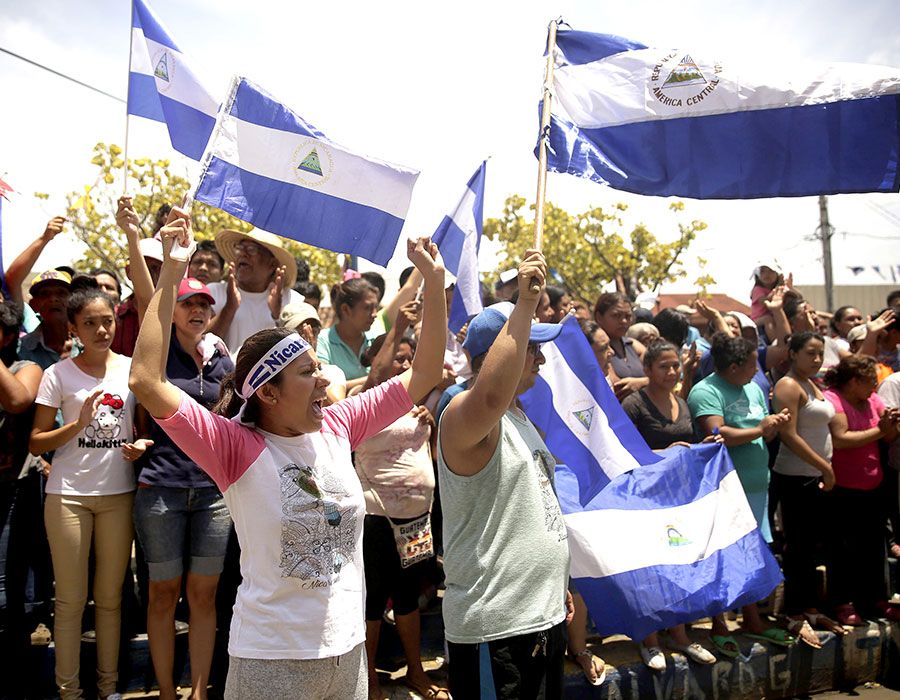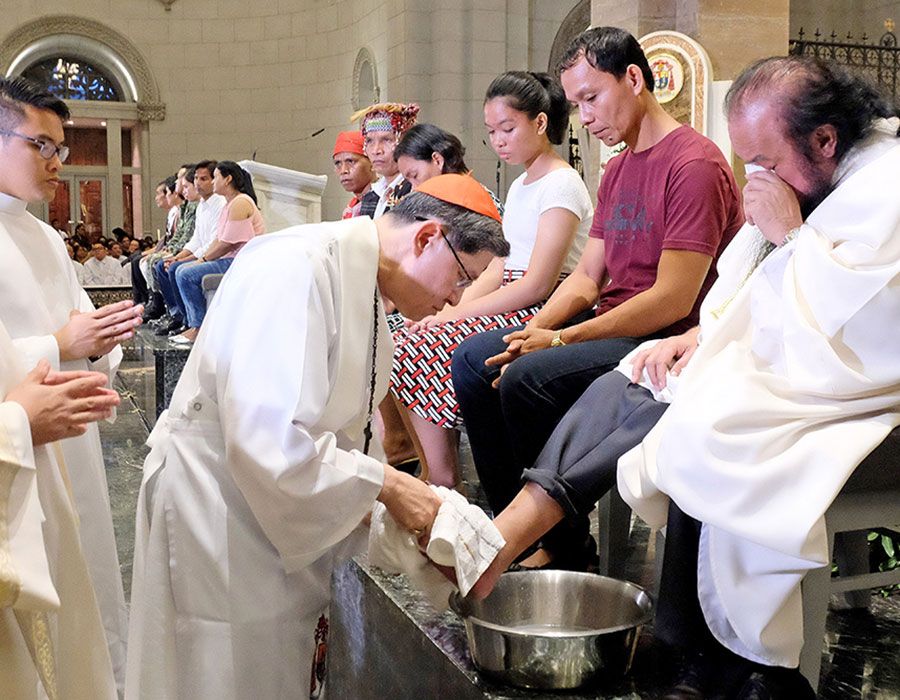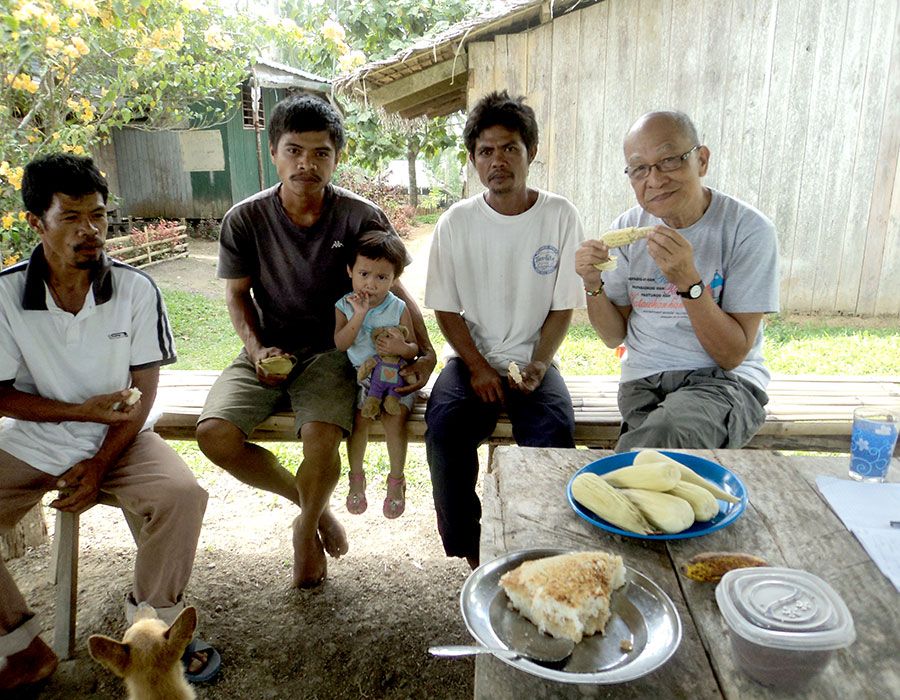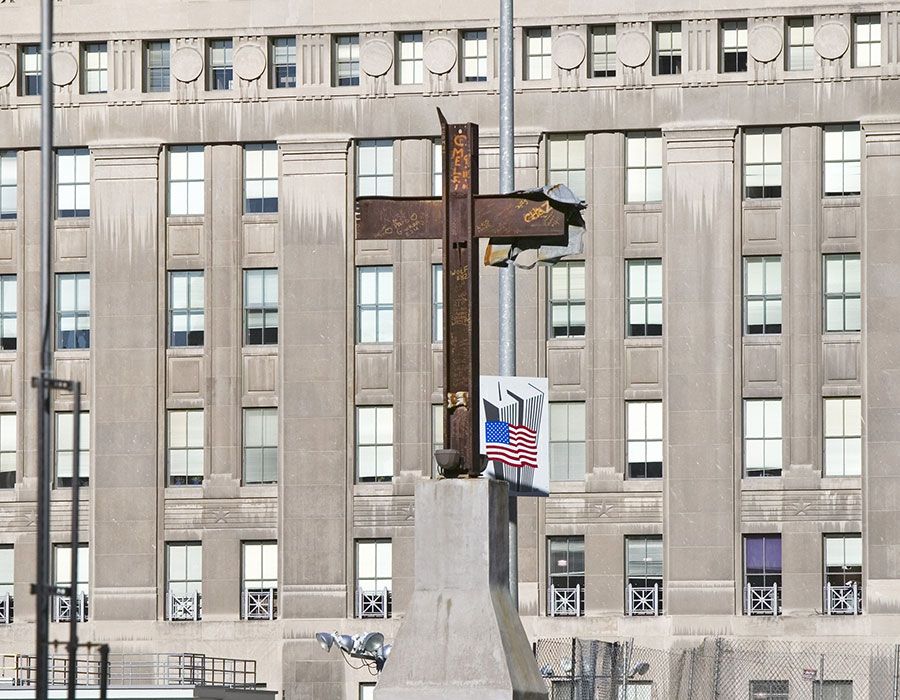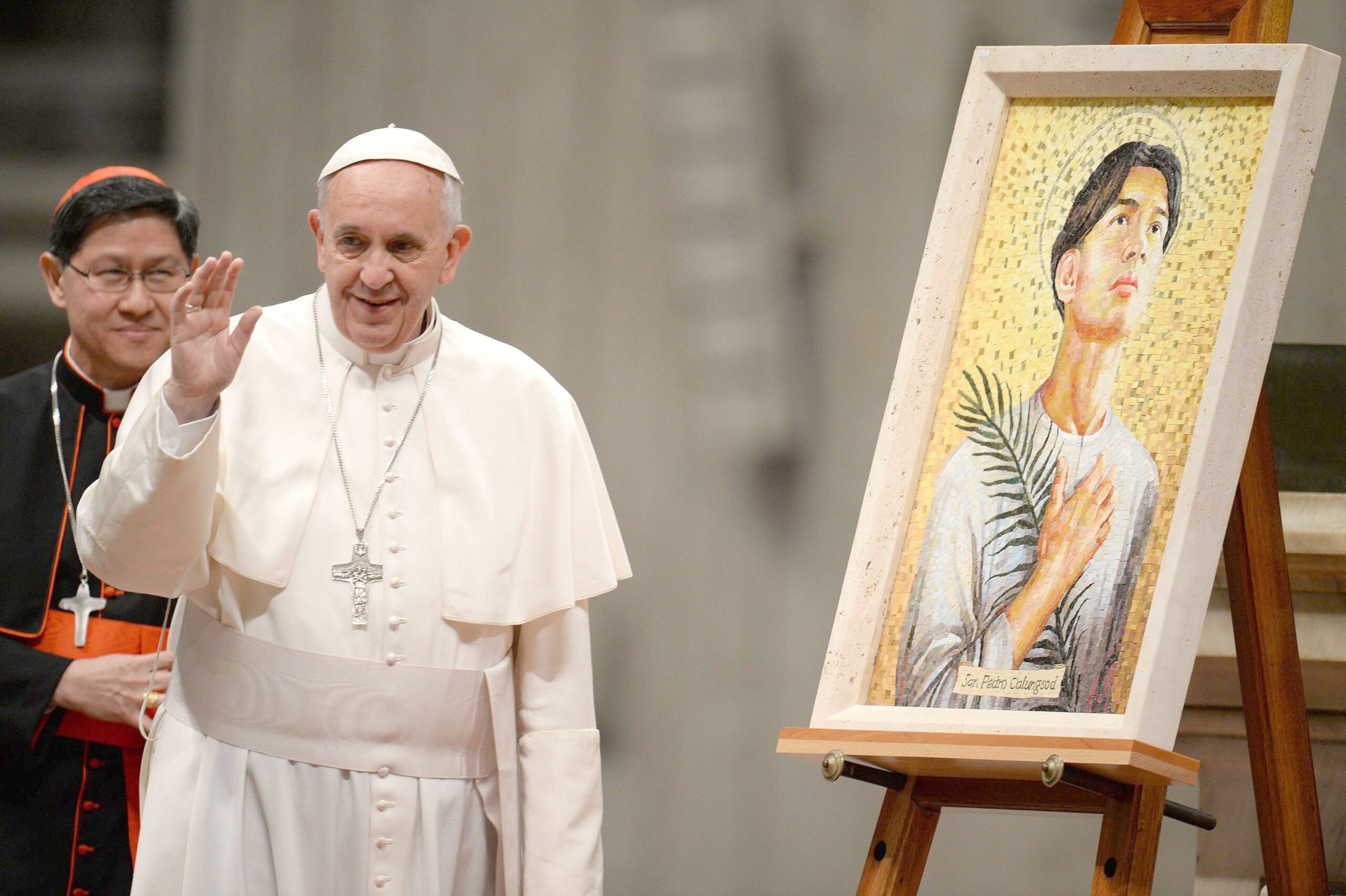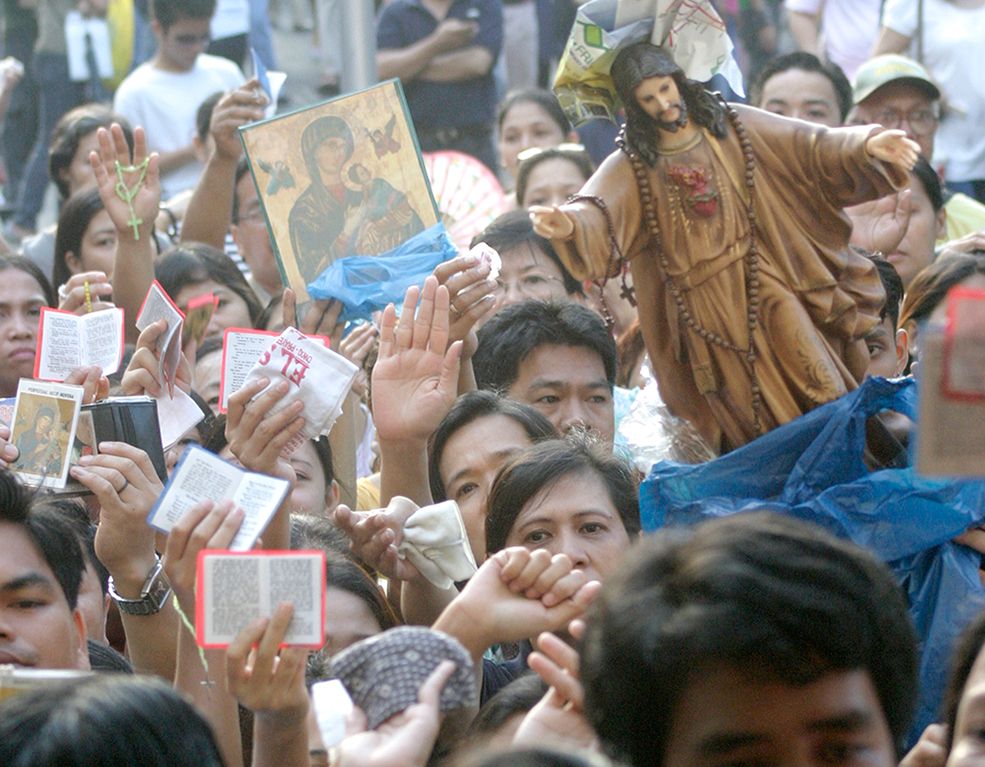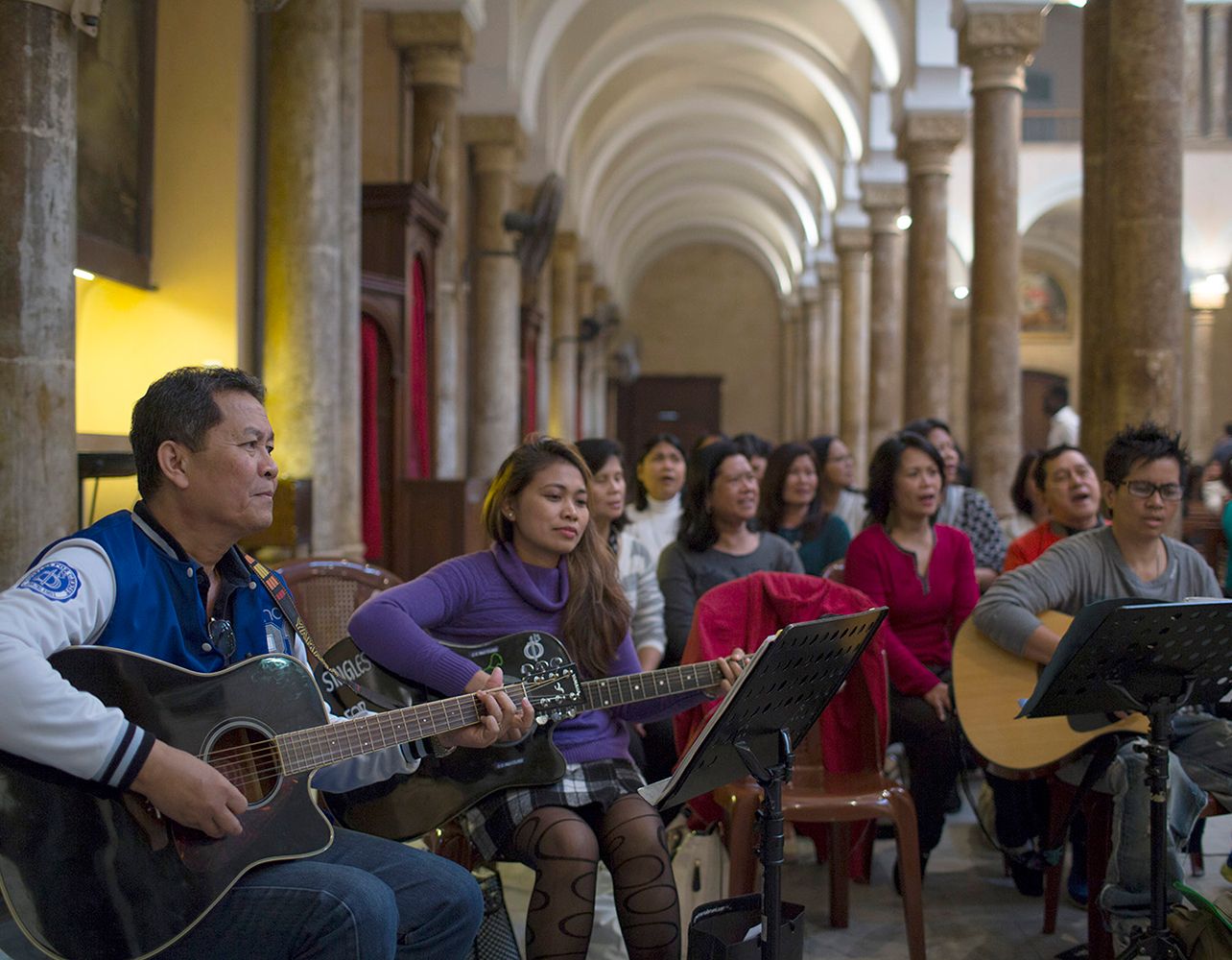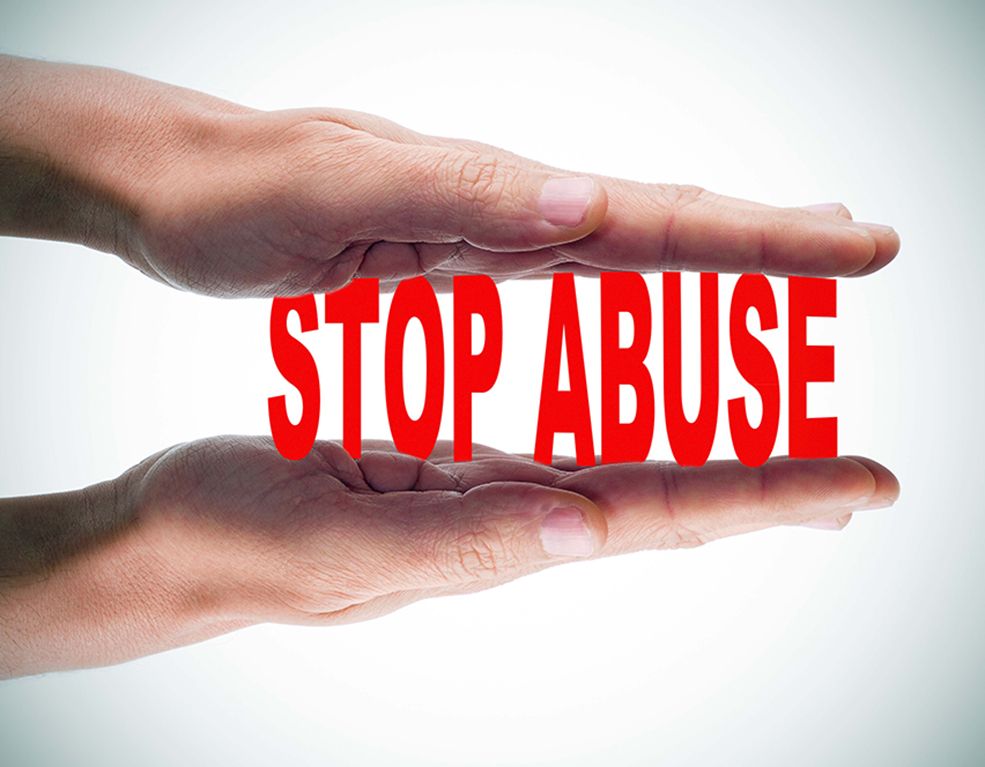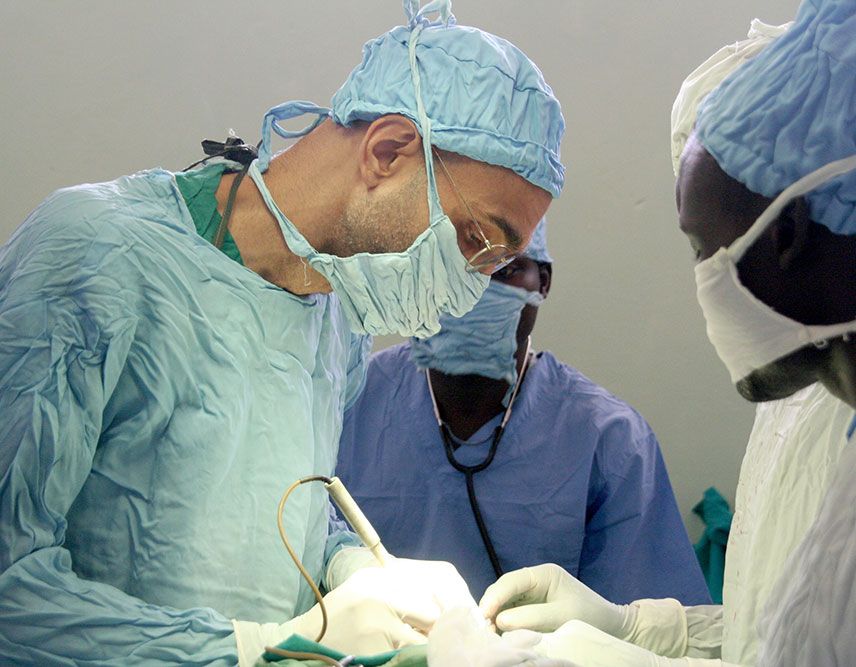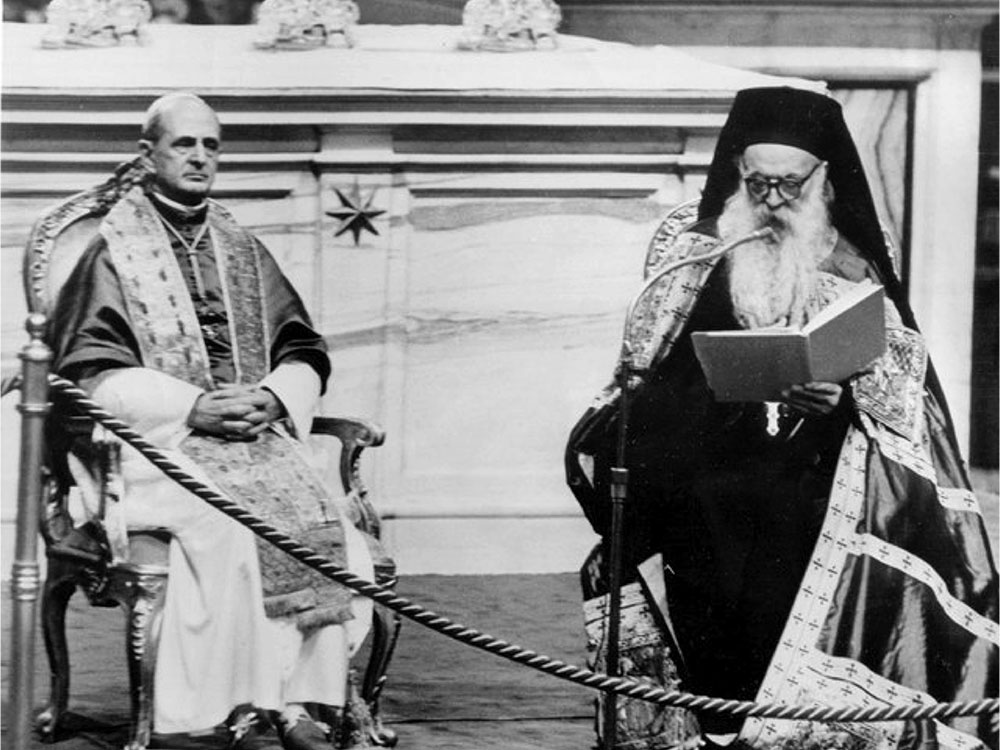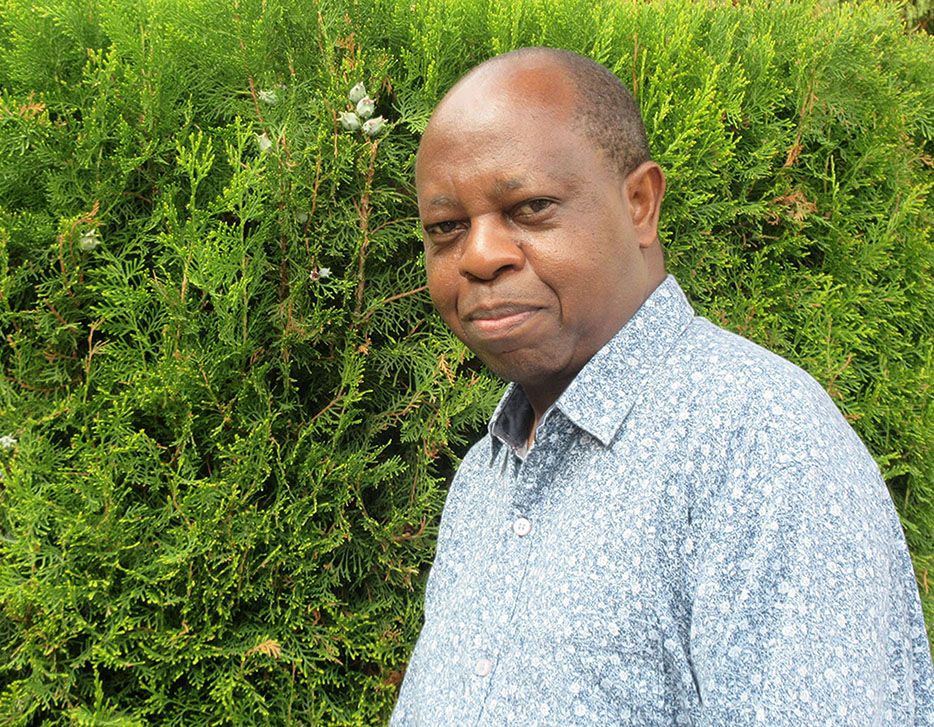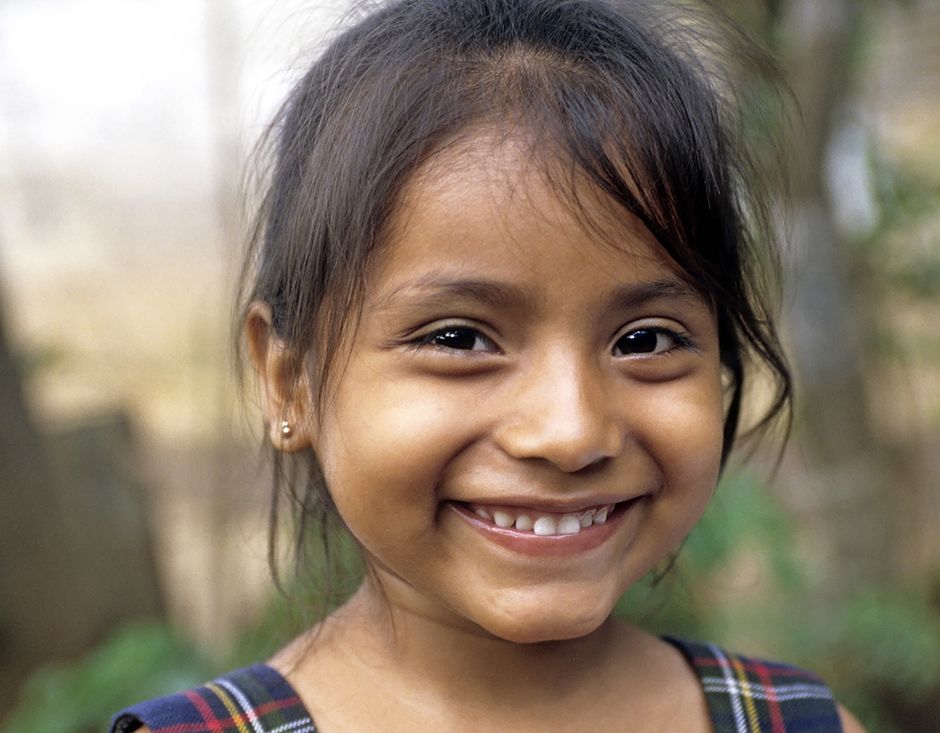The Nicaraguans are on the streets against President Ortega, blind and deaf to all appeals, including from the Catholic Church, to stop the repression and sit down to talk to people. The revolt began in Managua and spread to several cities, with dozens of dead and gloomy expectations.
Nicaragua never knew what peace or prosperity was, even after the fall of Anastasio Somoza, which the incumbent and the Sandinista National Liberation Front helped to overthrow in July 1979.
The quieter and more economically comfortable period were the last three years, perhaps because the regime toned down their traditional anger speech against “Yankee imperialism” attracting in return investments and tourists, a bonhomie that is already losing.
Iron And Fire
The shake up began in April 18, when a peaceful demonstration against a new welfare social system was brutally suppressed. People took to the streets to challenge the new scheme which they said would only benefit about 20 percent of the population. What was to be a peaceful march among blue and white flags, the Nicaraguan colors, ended in a protest demanding even more things and a wave of anger that resulted in more victims.
The flame went from Managua to Masaya, León and Rivas, three cities of the tourist route that the country was promoting.
On May 12, there were military parades, raids, shots and road barricades. This day will be remembered by Edwin Román, a priest of the parish of San Miguel, Masaya, who had no one, except himself, a doctor and some medical students, who could come to the rescue of incoming victims of police and Sandinista paramilitary corps armed with AK assault rifles. Just there, a person was shot dead and more than a hundred were injured.
Bishops For Dialogue
Pressed by the demonstrations and the Inter-American Commission on Human Rights (IACHR) to be accountable for the excesses, Daniel Ortega was turning a deaf ear until he agreed to receive a commission from the IACHR. Yielding to the dramatic appeals of the Episcopal Conference to dialogue, he still did not heed to everything the bishops asked for.
The Church asked the president, in a tone between moderation and demand, to stop immediately the repression against demonstrations, to suppress the “paramilitary bodies” and the “shock forces” consisting of two of the armed wings of the regime. Ortega was also asked not to use any more the national police in repressive actions and to guarantee the integrity of university students, entrenched in two universities, who organized the protests. He never answered these demands.
About 59 percent of Nicaraguans are Catholics. In the midst of disaster, the Army promised not to meddle. “We have no reason to repress,” said the army’s spokesman Colonel Guevara, assuring that the Armed Forces will remain loyal to the Constitution and its limits.
An Isolated Regime
In only a few occasions has this regime been so strongly opposed by the peasants who cannot even hear about the new inter-oceanic canal project; the ecologists because of a fire that devoured 6,000 hectares of the Indio Maíz Biological Reserve; or even the economic agents who fear for more losses. Between April 18 and mid-May, the crisis caused 100 million dollars of losses, according to entrepreneurs. Sebaco, a strategically productive area 100 kilometers from the capital, was the most affected.
The protesters’ main demand is that Ortega and his wife, Vice-President Rosario Murillo, leave. After having ruled from 1985 to 1990, the former Sandinista Front commander lost two elections but returned to power in 2006 and was re-elected in 2011 and 2016. No one wants the two to continue until 2021, much less after that. In this country, the presidential mandates have no limit.
Other sectors, however, advocate less radical changes such as State reforms and early elections, and the guarantee that neither Daniel Ortega nor his wife will be able to participate in future electoral process.
What is needed is that the dialogue “addresses the issue of the institutionalization of the country with the aim of paving the way for democratization,” said the bishops, putting their finger on the crux of the matter.

